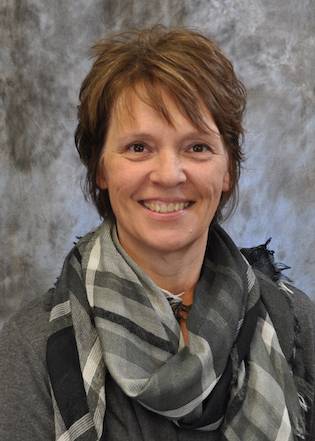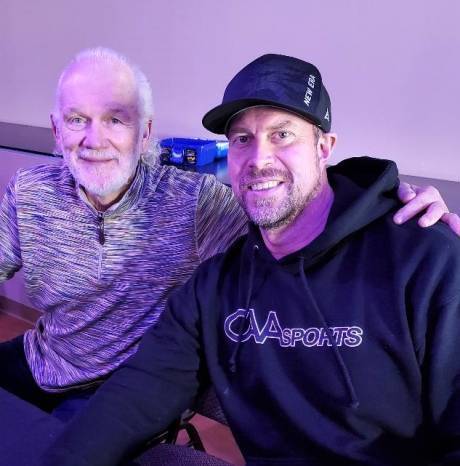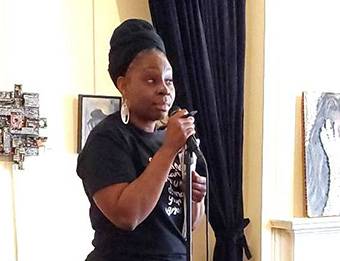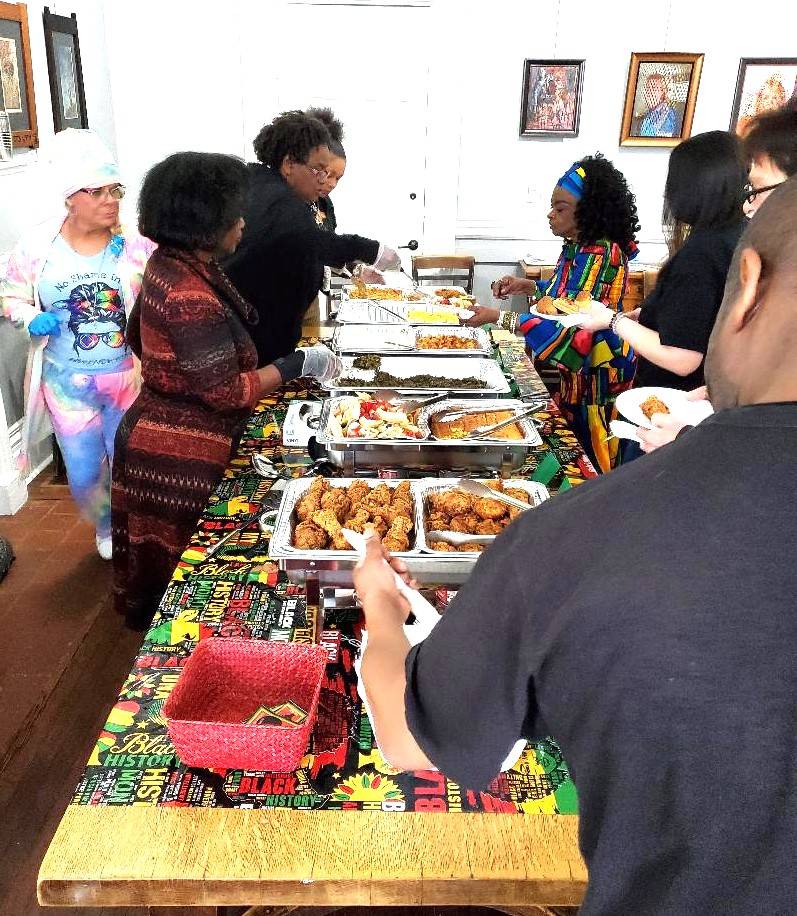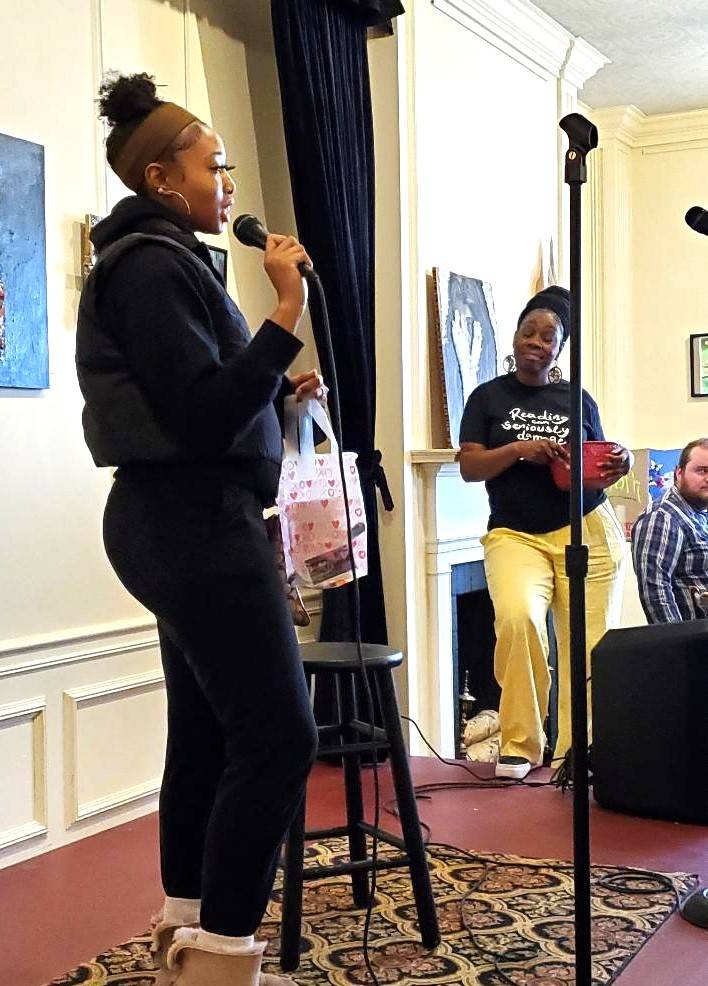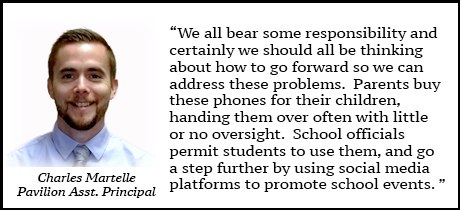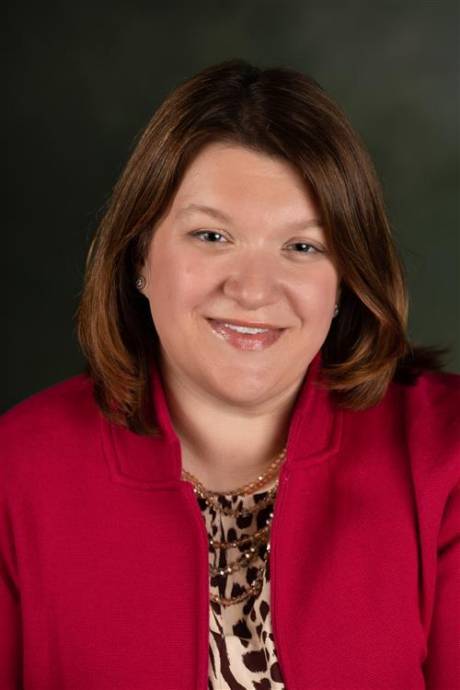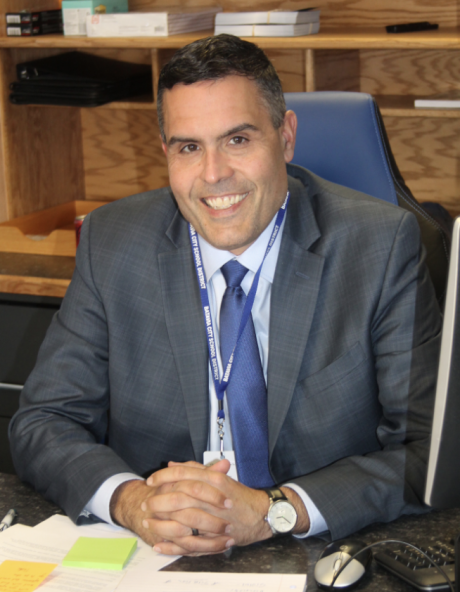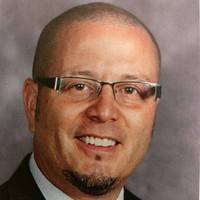Social media companies should be held responsible for poisoning the minds and souls of youth and causing a litany of psychological ills.
That’s a pretty strong statement and is one being made by Seattle City School District, the first in the United States to sue “Big Tech” for causing social media addiction to the point where schools can’t fulfill their educational mission, according to Bloomberg News (“Seattle Schools Sue Big Tech Over Youth Mental Health Crisis”).
There have been many other lawsuits filed by families about the negative impacts of social media on youngsters; however, Seattle is making headlines for being the first school district for taking on the likes of Facebook (Meta), Google, Tik Tok and Snap Chat, the Bloomberg article states.
The Batavian asked school administrators in Genesee County how they felt about this topic: is social media causing irreparable harm to young people’s mental health? Can the use of social media be regulated, and more importantly, should it be?
Paul Kesler, Batavia High School Principal, sees the pros and cons of the issue and thinks that perhaps at least some kids should put their devices down.
“While I think social media has advantages for helping students stay connected, it can be problematic for many of our students,” Kesler said. “Posts on social media can often negatively affect our students' self-concept or mental health. Some students have become too attached to social media and would benefit from more time with in-person interactions.”
Also from the city school district, John Kennedy Intermediate School Counselor Michelle Nanni has seen a variety of issues that have stemmed from social media platforms, she said, all of which have age restrictions that are older than JK’s students in grades two to four.
“Even with parental consent or controls, students are often viewing inappropriate and sometimes even sexualized content that is not suitable for children. Even content that would be considered appropriate often curates unattainable lifestyles with an emphasis on perfectionism and materialistic values, which can cause unrealistic ideals resulting in anxiety and depression,” she said. “These platforms also contribute to bullying, as young children are much more likely to send hurtful comments from behind a screen, especially as they will not truly realize the impact left on others without seeing their reactions.”
And reactions, according to the Bloomberg article, have been tragic, citing more than a dozen lawsuits filed by families blaming tech companies for youth suicides. In Nanni’s experience, one of the biggest problems and effects that she encounters is sleep deprivation among students.
“Because they are up all night on social media and don't have the self-control to know when to stop scrolling,” she said. “Social media is certainly having negative effects on the mental health and well-being of the students in our district.”
Lindsey Cummins, the social worker at Pavilion’s Middle-High School, agrees with Nanni. In fact, not only is social media having negative effects, but Cummins believes that it is “exacerbating symptoms of anxiety, depression and other mental health issues and concerns.”
“Through my work here at the school and also as a per diem therapist, I can say that social media causes so many difficulties. One of the biggest issues is definitely cyberbullying. Kids are being torn down through a phone, and sometimes do not even know who it is that is speaking to them this way. There are anonymous platforms where cyberbullying is taking place,” Cummins said. “Another issue is the students whose parents have restrictions on phones, and therefore, because they are not on TikTok or Instagram (or whatever the cool app is), they are being shamed and called ‘losers’ and feel disconnected from their peers. I think, in general, social media exposes them to all of the bad things that are going on in the world, which is, in fact, pretty depressing, and causes a lot of anxiety among adults and children.
“Also, the things that are shared on social media can cause a lot of concerns for parents, which then transfer to the kids at home,” she said. “All of this coupled with the lack of mental health support and services, is a really scary reality for our youth.”
To sum it up, Elba Superintendent Gretchen Rosales said that it’s a “very complicated” topic and one that kids are not truly prepared for.
“Our children and teens are not wired for the constant barrage of information that comes from being engaged on social media; certainly, there is the aspect of over-stimulation and the lack of creativity that is fostered by the scroll-and-swipe nature activity,” Rosales said. “With this comes the emotional piece of children comparing themselves to others and always being engaged on an emotional level with content that isn't healthy. We have even seen a societal shift in which people will say things or make personal attacks on someone if they do not agree. It is disheartening.”
That being said, she’s not certain that “we can legislate or litigate good behavior.” There needs to be more understanding of why mental health issues are on the rise, and it seems likely there’s a probable connection between social media and those issues, she said.
“We need to get to the root of why certain individuals use social media as a weapon, instead of using it for good,” Rosales said. “Having a productive and honest dialogue about these issues will be what affects positive change. At Elba Central, our students take a course in digital citizenship; these issues are addressed in that class. We encourage students to use social media as their ‘calling card’ by highlighting their achievements and using it as a platform to encourage and motivate others.”
Elba’s district has an Instructional Technology Committee comprised of educators and parents to work on addressing these very issues, she said.
“We are at a critical point in our children's education in which we need to arm them with the skills to be productive and positive members of a digital society,” she said. “This endeavor will only be possible with the support of families who know what their children are engaging in, as well as social media platforms that insist on positive and healthy participation.”
Batavia City Schools Superintendent Jason Smith believes that “no doubt, social media has become a major player in the lives of our students,” and also that it’s a part of their lives that is not going away.
“The analogy I often make is that social media is like a car or a cell phone, or any other new invention: we need to treat it with respect, take advantage of all that it has to offer, yet understand that if we mistreat the technology, there can be serious consequences,” Smith said. “As educators, we need to teach students how to deal with the impact of social media in a proactive way, no different than how we teach 16-year-olds the safe way to drive a car. There is no doubt that social media is causing an added level of stress to our students, as they seek approval, likes, acceptance, etc., via social media outlets, but coupled with strong family support and guidance at school from our counselors and social workers, we need to be able to help our students find balance.”
Having served as an administrator at other school districts beyond Batavia, he confirmed that this has been an issue here and in other districts as well.
“The mental health needs of our students are real, and a broad spectrum of supports from counselors, social workers, and school psychologists are critical in this important work,” he said. “I would argue that if used correctly and with balance, social media can be and is a powerful tool in our students' lives."
Matthew E. Calderón, superintendent of Pembroke Central School, spoke more as a parent of seven children than as an administrator.
“My role as a parent is my starting point because it is my job as a parent to ensure my children are properly using the resources I provide for them. As a parent, if I am concerned that social media is negatively affecting my children, then it is my job to curtail that. It's also my job as a parent to make sure I teach my children how to communicate on social media in respectful ways and not to use social media to tear others down,” he said. “If I find out that my children are using social media to hurt others, then it's my job to reteach, correct and discipline them.”
He’s not certain that any social media platform is responsible for negatively influencing today’s children, though he did watch an interesting Netflix documentary, “The Social Dilemma,” that gave him food for thought about the potential of tech companies using psychology to promote addiction of social media.
“If it can be proven that tech companies purposely used psychological strategies to cause students to harm themselves or to purposely cause anxiety or depression, then those companies should certainly be held accountable,” Calderón said. “However, if the argument is that social media causes anxiety and depression because it provides students a platform to be mean and hateful to each other, then it's not the platform that is guilty, it is the students who are being mean and hateful who are guilty.
"Certainly, many of the ideas that people promote on social media can be harmful to our children, similar to harmful ideas that may be promoted on TV, in movies, in friendship groups and anywhere else where ideas or opinions are expressed. I think one of the essential keys is to promote respectful communication at all times and to teach our children how to properly handle situations when others are disrespectful,” he said. “Harming ourselves or harming others is not the best approach when other people hurt us, including when others hurt us using social media. If everyone used social media to encourage and build each other up, then we wouldn't be having this conversation, and the social media we use would be even more addictive.”
To answer The Batavian’s question of whether social media is causing anxiety, depression and other psychological troubles, per the Bloomberg article’s assertion, to the extent that something to be done to stop or lessen it, the obvious answer is yes, Pavilion Assistant Secondary Principal Charles Martelle said.
He believes that something should be done, though he is unsure what that would be and doesn’t think it’s his place to say whether a lawsuit would be necessary to remedy it or not.
“There is some value in social media, and to paint it with one broad brush is unfair. It can inform, link like-minded people, offer opportunities and open a world of creative possibilities. My critique is based on my experiences working with children in middle and high school as an assistant principal,” he said. “I do see a lot of unhealthy behavior related to social media.
"The most frequent and striking problem is that it amplifies, exaggerates, takes out of context and records text and images which kids post in their worst moments. Kids have always said and done things without thinking, only to realize later the consequences of their actions. That is the normal way kids learn; however, now their mistakes last longer and get noticed by more people. Additionally, their worst moments get broadcast to people who should never have seen or known about these things. Social media has an exponential side effect of spreading bad information, and it doesn’t turn off or go away. Kids are subjected to these shameful moments, drama and comments all day and all night.”
Another point that makes social media so damaging, he said, is that kids are ‘on’ 24 hours a day — in school, out of school, during holidays and during their most intimate family moments, Martelle said.
“They are manipulated by advertising, meaningless posts, endless videos with messaging that is mildly entertaining at best and fundamentally horrific at their worst.
"A few years ago, some very young students came to me to show me a post showing a man committing suicide. The video that I saw still haunts me, and I’m 46! These poor kids didn’t even seem phased by it,” he said.
He also pointed out that, while adults are free to make adult decisions of how and when to use social media, kids are just that -- younger minds in need of more guidance.
“We all bear some responsibility, and certainly, we should all be thinking about how to go forward so we can address these problems. Parents buy these phones for their children, handing them over often with little or no oversight. School officials permit students to use them, and go a step further by using social media platforms to promote school events. We all need to reexamine how we contribute to this problem instead of only blaming the social media companies.”
Superintendents from Alexander, Batavia, Byron-Bergen, Elba, Le Roy, Pavilion, Oakfield-Alabama and Pembroke were contacted for this story.
